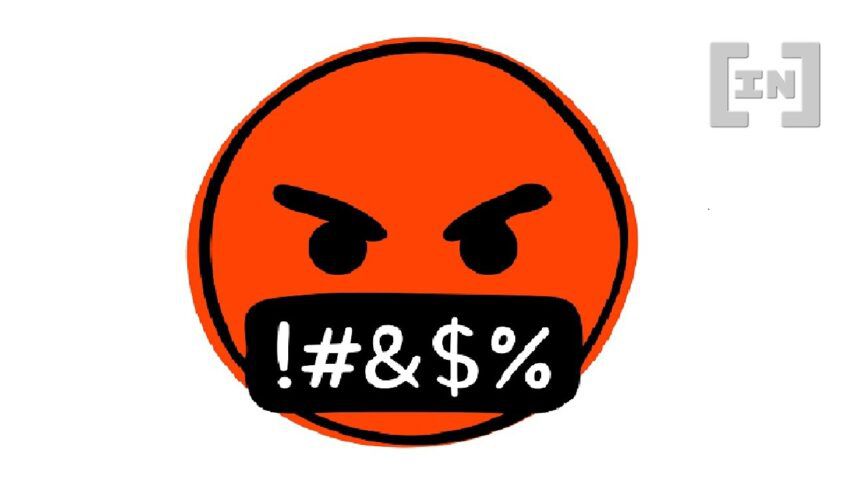DuckDuckGo is acting in a similar way to the tech giants who don’t trust their users to know disinformation when they see it, says Colin Pape, founder of Presearch.
Many users of privacy-focused search engine DuckDuckGo expected that it bucked the establishment narrative and provided results that were unaffected by mainstream sources. “When you search, you expect unbiased results, but that’s not what you get on Google,” its CEO, Gabriel Weinberg, once wrote.
This expectation of DuckDuckGo as a source of unbiased information just evaporated with a tweet.
On March 9, Weinberg tweeted that DuckDuckGo has been “rolling out search updates that down-rank sites associated with Russian disinformation,” and added the company will “place news modules and information boxes at the top of DuckDuckGo search results (where they are seen and clicked the most) to highlight quality information for rapidly unfolding topics.”
DuckDuckGo… is it Disinformation?
These moves essentially tell DuckDuckGo users that the decision to determine whether the information on these sites is indeed “disinformation” is not their choice to make. Now, its users are left scratching their heads trying to figure out how DuckDuckGo is different from Big Tech companies such as Google, and indeed, many have voiced dissatisfaction with the company’s decision.
As Twitter user Priyanshu Lata put it, “Today, you are removing Russian disinformation. Tomorrow you will be removing genuine protests.”
There are consequences of non-neutrality, and it is a slippery slope. Especially over the past couple of years, there have been numerous cases where the mainstream narrative ends up being false or distorted, and numerous incidents where livelihoods are shut down just because someone says something deemed to be “misinformation.”
The Big Picture
All this illustrates a larger point: decisions involving services such as search engines should not be placed in the hands of a select few whose main motivation is profit. It should be up to the users of these services to decide what is best for the community. While a system such as this wasn’t possible in the web2 era, that has changed with the introduction of crypto and decentralization.
With a web3 company, there is no central authority making large decisions. Instead, community members holding crypto-powered tokens can vote on initiatives brought forth by their peers. For example, if token holders wanted to down-rank certain websites – a decision I personally wouldn’t support – they could put it to a vote.
Under a decentralized system, no one will be able to tell people what information they could consume – unless users want it that way. With DuckDuckGo’s decision to down-rank certain information, it has taken power away from the users it vowed to serve.
About the Author

Colin Pape is the founder of Presearch, a decentralized, community-driven search engine with 3.5 million registered users. Colin founded Presearch after realizing that a single company controlled more than 90% of the world’s search queries, and that a more private, decentralized alternative was needed. Presearch is leveling the search playing field by leveraging blockchain technology and the power of the community to take on the world’s biggest internet company. Presearch rewards users for searching and supporting the network in PRE tokens, an Ethereum-based cryptocurrency. Colin is based near Toronto, Canada.
Got something to say about DuckDuckGo and their policy on disinformation, or anything else? Write to us or join the discussion in our Telegram channel. You can also catch us on Tik Tok, Facebook, or Twitter.
Disclaimer
All the information contained on our website is published in good faith and for general information purposes only. Any action the reader takes upon the information found on our website is strictly at their own risk.


